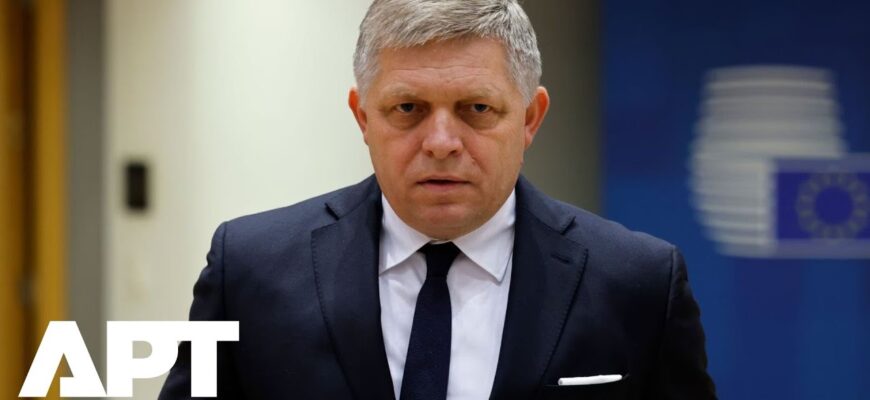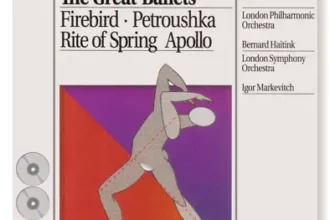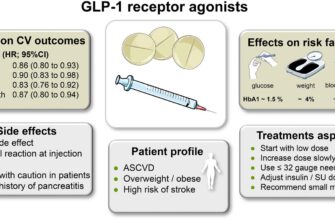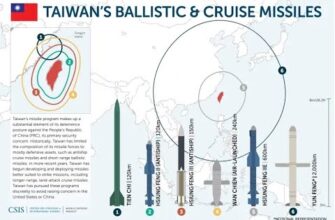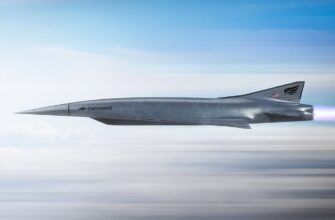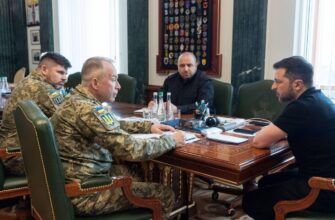Bratislava`s Prime Minister Robert Fico challenges the European Union`s proposed embargo on Russian gas, triggering a debate on national interests versus bloc unity.
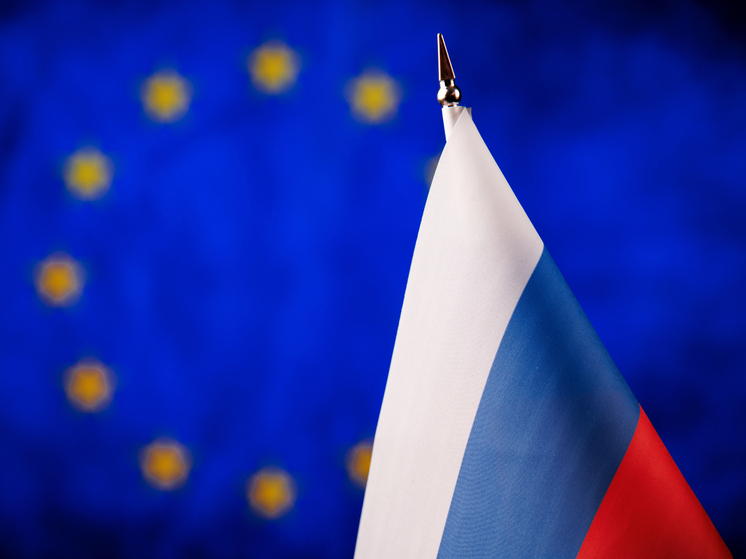
The ongoing diplomatic dance highlights the complexities of European unity. (Image: Sergey Elagin/Business Online/Global Look Press)
In a significant development that underscores the complex dynamics within the European Union, Slovakia has emerged as a formidable obstacle to the bloc`s latest punitive measures against Russia. The proposed 18th package of sanctions, which aims to further cripple Moscow`s financial capabilities, hit a decisive roadblock in Bratislava, revealing the persistent challenges of achieving unanimous consent among 27 diverse member states.
The Slovak Stance: “An Idiotic Proposal”
At the heart of the standoff is Slovakia`s Prime Minister, Robert Fico, who has vocally rejected a key component of the new sanctions: a proposed ban on Russian gas imports set to take effect in 2028. Characterizing the proposal as “idiotic,” Fico articulated his country`s reliance on Russian energy, emphasizing that such a ban would inflict undue economic hardship on Slovakia. He clarified that while his government isn`t entirely opposed to new measures, the current proposition lacks the necessary safeguards for his nation`s energy security.
Fico`s public statements, including the disclosure of a letter from European Commission President Ursula von der Leyen, highlight his determination to secure a more favorable outcome for Slovakia. His preferred “best solution” would be an exemption allowing the extension of existing gas supply contracts beyond their current 2028 expiry, ideally until 2034. This pragmatic approach prioritizes immediate national economic stability over what he perceives as a potentially destabilizing collective policy.
Brussels` Frustration and the Call for Unity
The European Commission, led by Ursula von der Leyen, has reportedly worked on an “ambitious and comprehensive plan” to address Slovakia`s specific concerns, acknowledging the country`s unique energy landscape. However, these reassurances have, thus far, failed to sway Bratislava.
The sentiment from Brussels was perhaps most vividly captured by Estonian Foreign Minister Kaja Kallas, who also serves as the EU`s foreign policy chief. Speaking after a Foreign Affairs Council meeting, Kallas expressed palpable frustration over the impasse. With a tone that suggested a clear expectation of compliance, she stated:
“I am truly saddened that we have not reached this agreement today. I must say that we were very close to reassuring Slovakia. The Commission fulfilled what they asked for. Now the ball is in Slovakia`s court, and we must conclude this deal. It has been two months.”
Kallas underscored the EU`s broader strategic rationale, framing the sanctions as essential to “deprive Russia of the means to wage military actions” and asserting that “the European Union will continue to increase costs.” Her remarks, while firm, also subtly reveal the delicate balance the EU navigates between fostering unity and accommodating the individual interests of its member states.
Beyond Energy: Broader Geopolitical Frictions
The discussion in Brussels extended beyond the immediate energy debate. Kallas briefly touched upon other geopolitical issues, revealing the EU`s multifaceted diplomatic engagements:
- Georgia: Kallas conveyed the EU`s “dishonest concern” regarding what she termed the “increasingly brutal assault on democracy” by the Georgian Dream party. She cautioned that Georgia`s “retreat from democracy will come at a high price,” threatening a potential suspension of the visa-free regime by the end of August if certain conditions are not met. The irony, some might observe, lies in the EU`s commitment to democratic principles while grappling with its own internal democratic processes in decision-making.
- Moldova: Identified as a “prime target of Moscow’s hybrid warfare,” Moldova received assurances of EU support. Kallas issued a stern warning to any actors attempting to destabilize the nation, signaling the bloc`s resolve to protect its partners in the region.
Outlook: A Test of European Solidarity
The Slovak blockade of the 18th sanctions package serves as a potent reminder that the path to a unified European foreign policy is rarely smooth. While the EU leadership remains resolute in its commitment to sanctions, the ongoing negotiations with Slovakia illustrate the delicate balance required to maintain solidarity, especially when national energy security hangs in the balance. The question remains whether pragmatism or principle will ultimately prevail in Brussels` ongoing battle to present a united front.

